This is because overloading a varargs method doesn't work for the primitive type and its object wrapper type. Its nothing to blame about the apache-commons-lang3.
How varags do work ?
During the compile time varags method signatures are replaces as Array. Here the BooleanUtils.and methods will convert as
public static boolean and(final boolean[] array) { ...
}
public static boolean and(final boolean[] array) { ...
}
And the parameters you pass to them get replaced to an Array. In this case you will get this
BooleanUtils.and(new boolean[]{true, true})
BooleanUtils.and(new Boolean[]{Boolean.TRUE, Boolean.TRUE})
Why Ambigious Method call ?
You can find that the your converted method parameter is an Array type and it matches the both methods against this type. So compiler finds neither one is more appropriate than the other one by itself. It can't decide which method is the most-specific to call.
But when you yourself declare BooleanUtils.and(new Boolean[]{Boolean.TRUE, Boolean.TRUE}) or BooleanUtils.and(new boolean[]{true, true}) that exposes your intention to compiler and method is chosen without boxing or autoboxing.
And this is how compiler identify applicable methods n 3 phases. See details about Choosing the Most Specific Method
The first phase (§15.12.2.2) performs overload resolution without
permitting boxing or unboxing conversion, or the use of variable arity
method invocation. If no applicable method is found during this phase
then processing continues to the second phase.
The second phase (§15.12.2.3) performs overload resolution while
allowing boxing and unboxing, but still precludes the use of variable
arity method invocation. If no applicable method is found during this
phase then processing continues to the third phase.
The third phase (§15.12.2.4) allows overloading to be combined with
variable arity methods, boxing, and unboxing.



